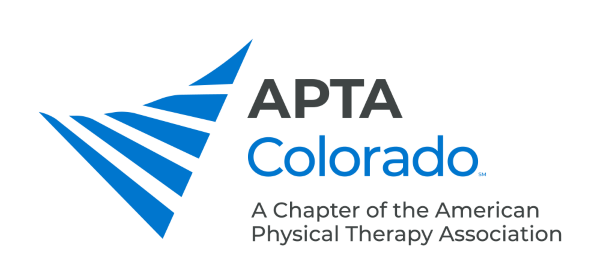APTA-Backed Bipartisan House Bill Takes Aim at PTA DifferentialThe SMART Act would delay implementation, spare rural and underserved areas, and relieve PTA supervision burdens. There could be a temporary reprieve in the works for the startup of the PTA payment differential — and a possible exemption for rural and underserved areas — thanks to a bipartisan bill introduced in the U.S. House of Representatives. APTA has been strongly advocating for congressional action to mitigate the proposed 15% reduction in Medicare payment for services delivered by PTAs and occupational therapy assistants. The bill, called the Stabilizing Medicare Access to Rehabilitation and Therapy Act, or SMART Act (H.R. 5536), was introduced by Reps. Bobby Rush, D-Ill., and Jason Smith, R-Mo. (Read the press release issued from Rep. Bobby Rush’s office.) If signed into law the legislation would delay implementation of the payment differential until Jan. 1, 2023, and provide an exemption to the differential for rural and underserved areas. APTA and other advocates have criticized the differential for having a disproportionately harmful effect on patient access to needed therapy services in these areas. The proposed legislation would also institute a change long-advocated by APTA: allowing for general supervision of PTAs in outpatient settings under Medicare Part B. Medicare currently allows for general supervision of PTAs by physical therapists in all settings — except for outpatient practice under Part B, which requires direct supervision. Currently 44 states allow for general supervision of physical therapist assistants, making this Medicare regulation more burdensome than most state requirements. APTA offers a quick, easy way for individuals to contact their legislators to urge support of the bill by way of the APTA Patient Action Center. Click here to read more! |


